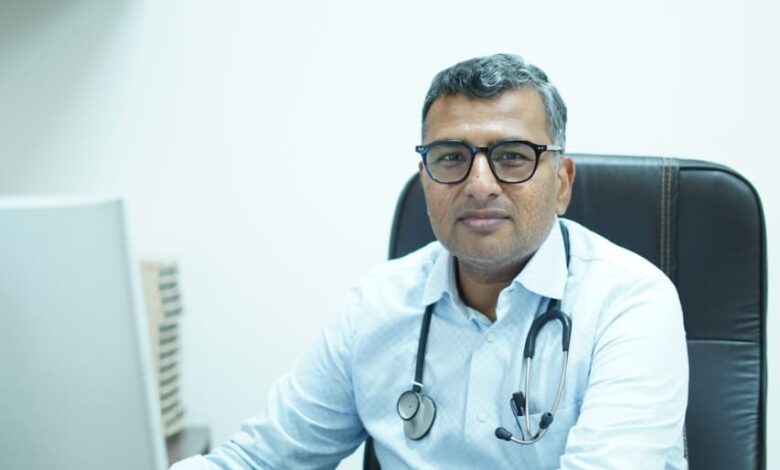Early Detection Saves Lives: Let’s Not Wait to Fight Cancer

In the world of cancer treatment, timing can make all the difference. When the illness is found early, care tends to work better, chances of survival improves, and recovery is often less painful—both physically and mentally. Still, in India, many people are diagnosed late.
Why does this happen so often? In many cases, the early signs do not show an urgency. A small lump, some unusual discharge, or a sore that will not heal, can feel easy to dismiss—especially when there is no pain. For some, it is fear. Seeing a doctor might confirm something they are not ready to hear and ignore rest of the medical attention. But that wait often gives the disease the time to grow.
When detected early, cancer is usually more manageable. It often responds well to treatment and may require less aggressive therapy. In some cases, limited surgery or focused radiation may be enough. But once the disease spreads, treatment becomes more complex and outcomes more uncertain. That’s why recognising early signs—and acting on them—can make all the difference.
The challenge is that early-stage cancer does not always announce itself. Symptoms may be mild, or confused with something else entirely. Persistent fatigue, a change in bowel habits, Persistent cough, Per-vaginal discharge or bleeding, difficulty in swallowing, non healing ulcer, unexplained weight loss, a new lump anywhere in body, or ongoing discomfort in one part of the body—these aren’t always dramatic symptoms, but they’re worth checking.
Awareness is our first line of defence. Knowing what to watch for, and understanding that small changes may matter, empowers people to seek care without delay. Screening tests, too, play a vital role. Depending on age, gender, and family history, doctors may advise certain routine checks that help catch abnormalities before they become dangerous. Mammography & Pap-smear are a must for all women after 50 years.
Reaching more people with screening is a work in progress. Mobile clinics, outreach programs, and digital consultations are making inroads into areas where access was once difficult. But access means little without participation. A test only works if someone chooses to take it.
Doctors have a role to play, too. General physicians and frontline staff need to stay alert to symptoms that don’t go away. A timely referral, a basic test, or even a listening ear can shift what happens next. When people feel heard and treated with care, they’re more likely to return, follow through, and stay with treatment.
Technology continues to improve how we detect and treat cancer. Precision diagnostics, targeted therapies, and improved imaging are all moving cancer care forward. But none of it can replace the impact of simply noticing a symptom and acting early.
Finding cancer early does not just help the patient—it eases the load on families & society too. With fewer hospital visits, simpler treatments, and better outcomes, the stress—both emotional and financial—can be far less. What changes is not just care, but life around it.
When cancer is found early, treatment starts sooner, options are wider, and outcomes are often far better. The difference between early and late can be life-changing. Acting at the right time does not just improve chances—it can shape the entire course of the disease.





